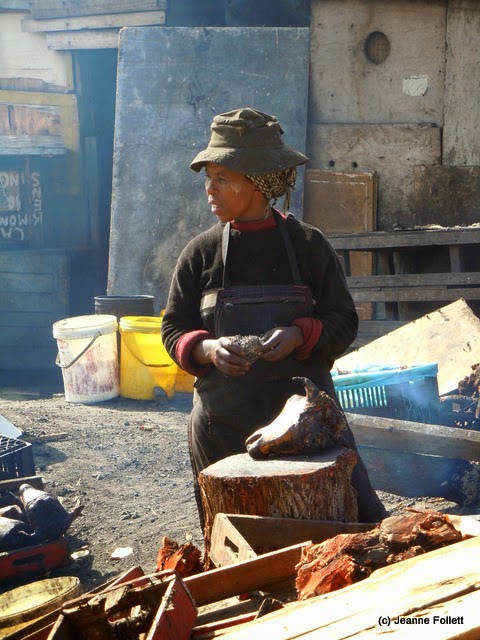I went looking for a new book to read last night. I’ve been on a non-fiction kick for three
months, with only two exceptions, so I limited my choices to that genre.
I won’t tell you the first title of the first option because
of what I’m going to say about it. I
made it through the forward, acknowledgements, and introduction, then skipped
ahead to see if it covered a specific event in that person’s life.
The first line I read needed a comma really, really
badly. I skipped a few pages and the
next line I saw misused a homonym.
Okay, this book was going to require some serious patience. I set it aside for later.
The next option was Gallipoli
by Alan Moorehead that tells of a battle in WWI in which the British, Russians,
and French were soundly drubbed by the forces of the Ottoman Empire. The print was smaller than I felt like
tackling and after reading a couple pages, I realized I wasn’t
concentrating. This book I will read some
day, just not now.
The third option was Arab
Spring Winter Comes to America, The Truth
about the War We’re In, by Robert Spencer.
I made it through 15 or 20 pages before I realized that this book was
going to give me ulcers, hives, and permanent insomnia, and I was wishing I had
enough airline miles for a ticket to the moon where I wouldn’t have to worry
about all the stuff going on in the world today.
Spencer, the author, who was once a trainer for the FBI and US
military in matters relating to Islamic jihad, ran afoul of the current
administration by continuing to use words like “war on terror” and “jihad” and “radical
Islam.” He’s no longer a trainer. This is a definite read someday, with the
emphasis on “day.” Not a book to read
while lying in bed before going to sleep.
Then I gave up on non-fiction and opened James Lee Burke’s Wayfaring Stranger. After reading the first page, I slipped into
comfort. Burke himself looks like a combination
of Western cowboy and Louisiana Cajun, but he writes like a god.
These sentences are good examples of why I love to read
Burke:
Blue [a horse] was
hot-wired to the eyes. All you had to do
was lean forward in the saddle and Blue would be halfway to El Paso.
And,
…(H)oping against hope
there would be a cloud that had water and not half of West Texas in it.
Damn!
Excuse me for now.
Gotta get back to Wayfaring
Stranger.
































